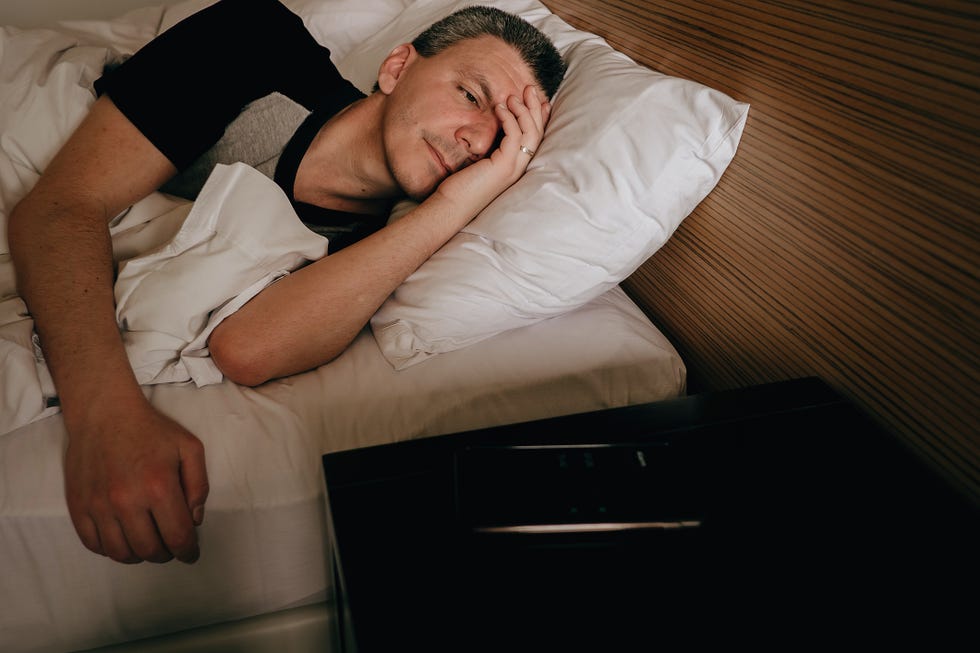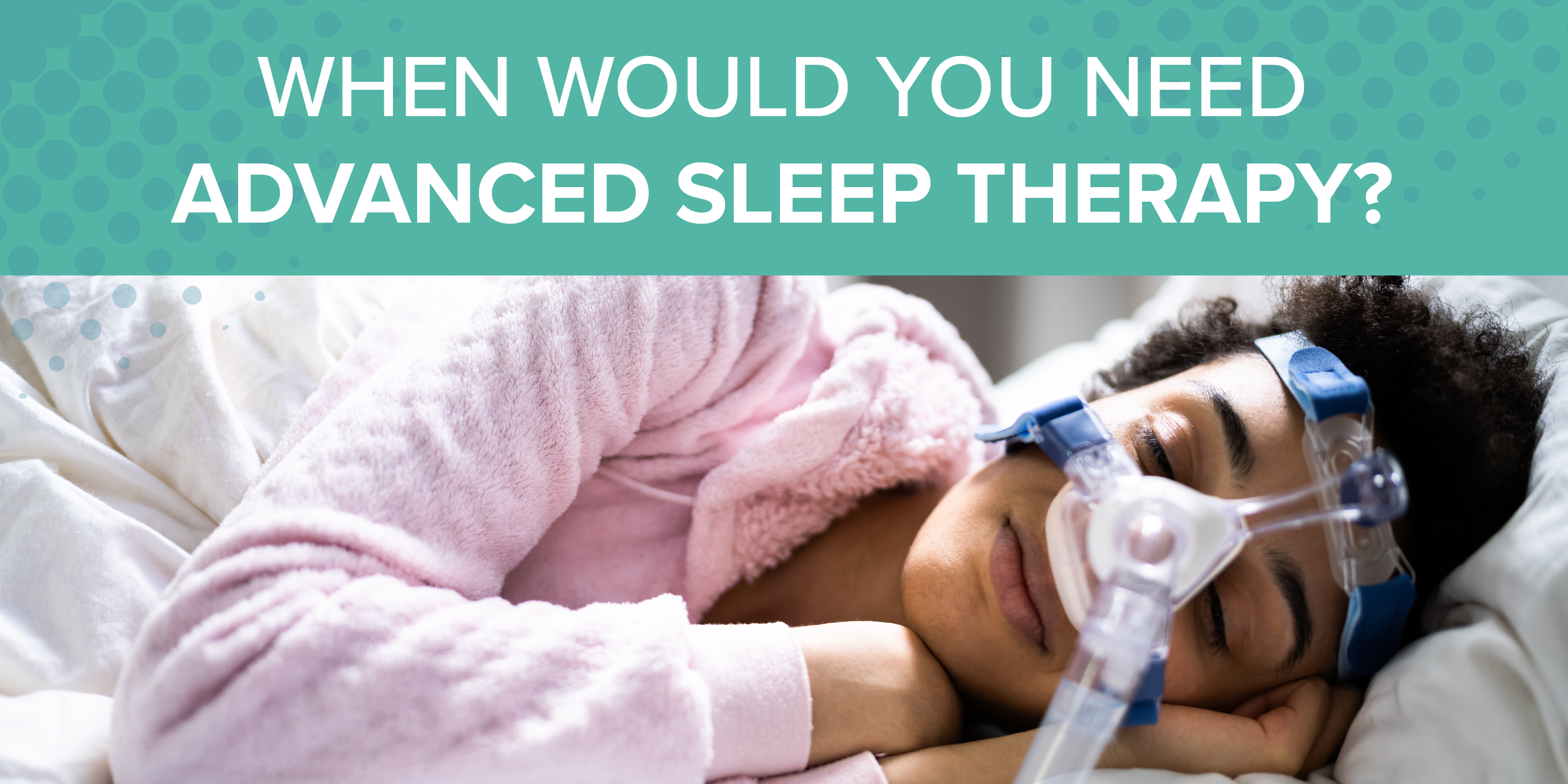Effective Treatment Solutions for Managing Rest Disorders and Enhancing Peaceful Rest
In the world of medical care, the monitoring of rest problems and the quest for restful rest are pivotal parts of overall well-being. Efficient therapy solutions offer a complex strategy to deal with these obstacles, varying from cognitive behavioral treatments to holistic practices that advertise relaxation and mindfulness. The expedition of various techniques, consisting of the combination of drug and light therapy, opens up a realm of possibilities in the pursuit of better rest quality. As we navigate the detailed landscape of sleep conditions and seek to boost our sleep experience, a much deeper understanding of these therapy remedies may hold the key to unlocking a more relaxing and satisfying corrective journey.
Cognitive Behavioral Therapy for Sleeplessness (CBT-I)
Cognitive Behavior Modification for Insomnia (CBT-I) is a structured, evidence-based therapy method that concentrates on attending to the hidden aspects contributing to rest disruptions. This type of treatment intends to customize habits and thoughts that worsen sleep problems, ultimately advertising healthy rest patterns. CBT-I generally involves numerous key components, consisting of cognitive treatment, rest constraint, stimulation control, and sleep hygiene education.
Cognitive therapy helps people recognize and transform unfavorable thought patterns and ideas concerning rest that may be impeding their capability to fall or stay asleep. Sleep restriction includes limiting the quantity of time spent in bed to match the person's actual sleep duration, thus raising rest efficiency (insomnia therapy). Stimulation control methods help develop a strong association in between the bed and rest by urging individuals to head to bed just when sleepy and to avoid participating in stimulating activities in bed
Furthermore, rest hygiene education concentrates on establishing healthy sleep habits, such as keeping a constant sleep timetable, producing a relaxing bedtime regimen, and optimizing the rest setting. By resolving these factors thoroughly, CBT-I provides a reliable non-pharmacological intervention for taking care of sleeplessness and improving overall rest quality.
Rest Hygiene Practices
Having developed the structure of cognitive restructuring and behavior alterations in attending to sleeping disorders via Cognitive Behavior modification for Sleeplessness (CBT-I), the focus currently changes towards exploring vital Sleep Hygiene Practices for preserving ideal sleep high quality and total well-being.
Rest health practices encompass an array of habits and environmental aspects that can dramatically influence one's ability to drop off to sleep and stay asleep throughout the evening. Regular rest and wake times, creating a relaxing going to bed regimen, and enhancing the rest setting by maintaining it dark, silent, and cool are vital parts of excellent rest hygiene. Limiting exposure to screens prior to going to bed, preventing stimulants like caffeine near to bedtime, and participating in regular physical activity during the day can likewise promote much better sleep high quality.
Furthermore, exercising leisure methods such as deep breathing exercises or reflection before bed can aid relax the mind and prepare the body for rest. By integrating these rest health methods into one's day-to-day regimen, individuals can establish a healthy and balanced sleep pattern that sustains peaceful sleep and total wellness.
Relaxation Strategies and Mindfulness
Applying relaxation techniques and mindfulness techniques can play a critical function in fostering a feeling of tranquility and promoting top quality sleep. sleep disorder treatment. These techniques aim to silent the mind, minimize tension, and develop an optimal atmosphere for restful rest. One widely practiced approach is deep breathing exercises, where people concentrate on slow, deep breaths to relax the body and mind. Dynamic muscle relaxation involves tensing and after that launching each muscle group, advertising physical relaxation. In addition, led images can aid transfer people to a peaceful location in their minds, assisting in tension reduction and enhancing sleep high quality.
By integrating these techniques into a bedtime regimen, individuals can signify to their bodies that it is time to prepare and loosen up for rest. Overall, incorporating relaxation techniques and mindfulness techniques can substantially contribute to taking care of sleep disorders and boosting total sleep quality.

Medication Options for Sleep Disorders
After checking out relaxation strategies and mindfulness practices as non-pharmacological interventions for enhancing sleep quality, it is vital to take into consideration medicine alternatives for people with rest problems. In instances where lifestyle modifications and therapy do not offer sufficient relief, medication can be an important tool in managing rest disruptions.
Commonly prescribed drugs for rest disorders consist of benzodiazepines, non-benzodiazepine hypnotics, antidepressants, and melatonin receptor agonists. Benzodiazepines, such as diazepam, are sedatives that can help induce rest, yet they are generally advised for short-term usage as a result of the threat of dependence. Non-benzodiazepine hypnotics like zolpidem are also used to deal with sleep problems and have a reduced threat of dependancy compared to benzodiazepines. Antidepressants, such as trazodone, can learn the facts here now be helpful for best site people with co-occurring clinical depression and sleep disturbances. Melatonin receptor agonists, like ramelteon, target the body's all-natural sleep-wake cycle and can be handy for managing sleep patterns.
It is essential for individuals to talk to a doctor to determine one of the most suitable drug choice based on their details sleep disorder and medical background.
Light Therapy for Circadian Rhythm Law
Light therapy, likewise called phototherapy, is a non-invasive treatment method used to control body clocks and improve sleep-wake cycles. This treatment entails exposure to brilliant light that resembles natural sunshine, which assists to reset the body's body clock. By exposing individuals to specific wavelengths of light, typically in the morning or night relying on the preferred result, light therapy can efficiently change the circadian rhythm to promote wakefulness throughout the day and boost restful sleep in the evening.
Study has revealed that light treatment can be especially helpful for people with circadian rhythm problems, such as delayed sleep phase syndrome or jet lag. It can additionally be useful for those experiencing seasonal affective problem (SAD), a sort of depression that typically happens during the cold weather when all-natural light exposure is minimized. Light treatment is normally well-tolerated and can be utilized combined with various other treatment techniques for sleep problems to optimize outcomes and improve total rest top quality.
Verdict
To conclude, reliable therapy remedies for taking care of rest conditions and improving relaxed rest consist of Cognitive Behavior modification for Insomnia (CBT-I), rest hygiene methods, leisure methods and mindfulness, medication alternatives, and light therapy for circadian rhythm regulation. These methods can help individuals boost their sleep top quality and overall health. It is essential to speak with a doctor to figure out one of the most appropriate approach for attending to rest concerns.
As we browse the elaborate landscape of sleep disorders and seek to enhance our sleep experience, a much deeper understanding of these treatment remedies may hold the trick to treat snoring opening an extra refreshing and meeting restorative journey.
Sleep constraint involves limiting the amount of time invested in bed to match the person's actual rest duration, thereby enhancing rest performance. Regular rest and wake times, creating a relaxing going to bed regimen, and optimizing the rest setting by keeping it dark, peaceful, and cool are critical elements of excellent sleep hygiene. Light therapy is typically well-tolerated and can be used in conjunction with various other treatment techniques for rest disorders to optimize results and improve total rest quality.
